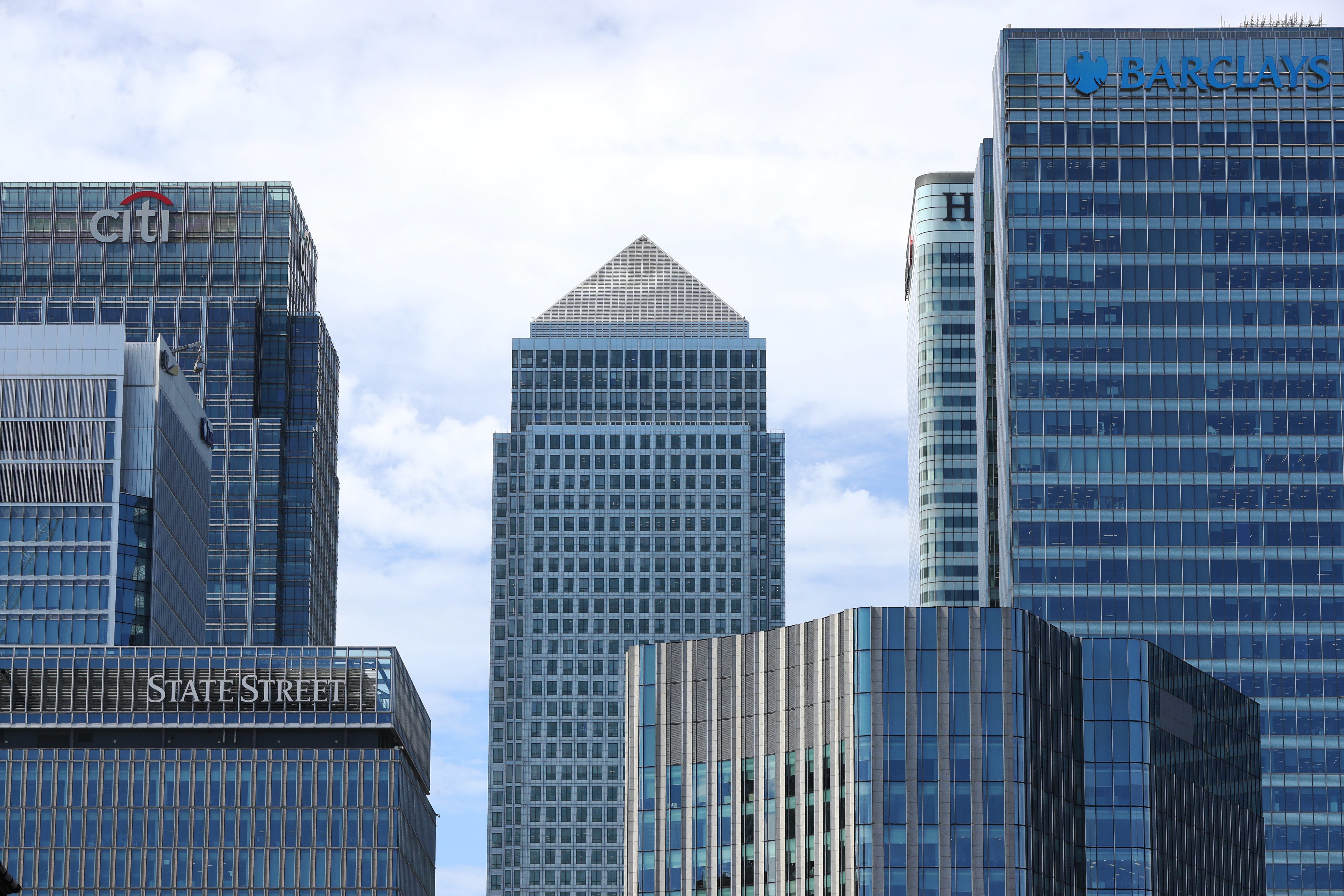British banks to give first financial updates since global banking crisis fears
Barclays and NatWest will be among the lending giants unveiling financial results from the first three months of the year.

Britain’s biggest banks are preparing to give the first peek into their balance sheets since the collapse of Silicon Valley Bank and Credit Suisse sent shockwaves across the banking industry.
Barclays and NatWest will be among the lending giants unveiling financial results from the first three months of the year.
It follows a period of turmoil for the sector after “bank runs”, meaning a flurry of customers withdrawing money, led to the failure of Silicon Valley Bank (SVB) in the US last month.
It was followed by the collapse Credit Suisse, Switzerland’s second biggest bank and deemed “too big to fail”, prompting fears of a global banking crisis.
However, the Bank of England and the Government have made assurances that Britain’s banking sector is “resilient”.
Experts pointed out that UK banks are bound by stricter post-2008 regulations than in the US, which ensure they are well-capitalised and have strong liquidity – meaning assets can more easily be converted into cash.
What we have learned from recent events is that, despite significant regulatory tightening since the global financial crisis, some banks remain vulnerable to collapse if confidence in the strength of their balance sheets comes into question
Gary Greenwood, an equity research analyst for Shore Capital Markets, said he thinks claims of a new global banking crisis were “overdone”, as the failed banks had “specific issues that led to to their demise”.
He added: “Even so, what we have learned from recent events is that, despite significant regulatory tightening since the global financial crisis, some banks remain vulnerable to collapse if confidence in the strength of their balance sheets comes into question.”
Barclays is expected to reveal a profit before tax of £2.2 billion for the first quarter, unveiled on Thursday, which is broadly in line with the same period last year.
It follows the bank posting profits of £7 billion over 2022, a fall of 14% as it set aside £1.2 billion to cover expected loan losses as interest rates creep higher.
Investors will looking out for signs that lending growth has slowed amid a weakening UK housing market, which could have lessened demand for mortgages.
They could also be watching for evidence that savers are switching accounts to seek better savings rates, or withdrawing more cash to fund higher living costs.
“It is possible that deposit balances may moderate for some banks as customers draw down on cash resources to cover higher costs and any shortfall in income”, Mr Greenwood said.
NatWest Group will be closely watched for the same reasons when it posts its first quarter results on Friday.
The British lender is expected to reveal a pre-tax profit of £1.6 billion for the first quarter, a significant jump from the £1.2 billion posted the same time year.
Russ Mould and Danni Hewson, analysts for AJ Bell, agreed that shareholders will be scouting the results for signs of any changes to deposit behaviour – either people withdrawing cash, or putting more in if they are “fleeing smaller lenders”.
They will also be watching out for a “slowdown in loan growth, pressure on net interest margins, or increased bad loans either because of the US banking debacle or a slowdown in the UK economy.”
Meanwhile, both banks are due to hold their annual general meetings (AGMs) in the coming weeks, where they could come under pressure from shareholders over issues including executive pay and their climate policies.
NatWest shareholders will be voting on the company’s annual remuneration report, which saw chief executive Dame Alison Rose receive a pay packet of £5.25 million last year after annual bonuses for bosses returned.
Shareholder advisory firm Glass Lewis has recommended shareholders vote in favour of the pay report.
Bookmark popover
Removed from bookmarks